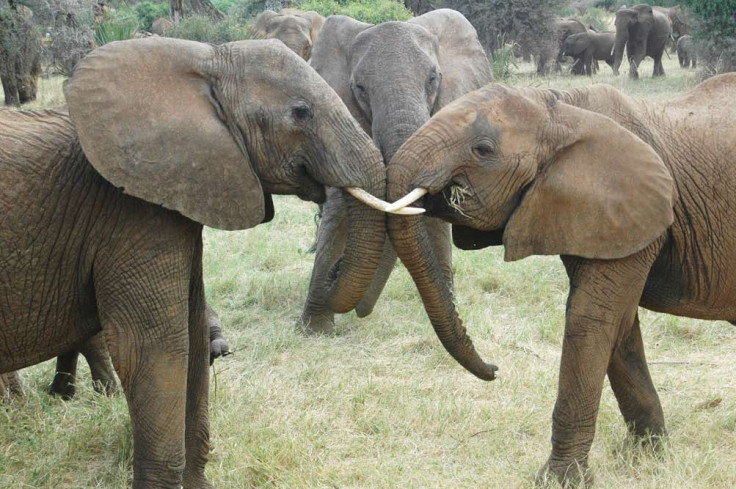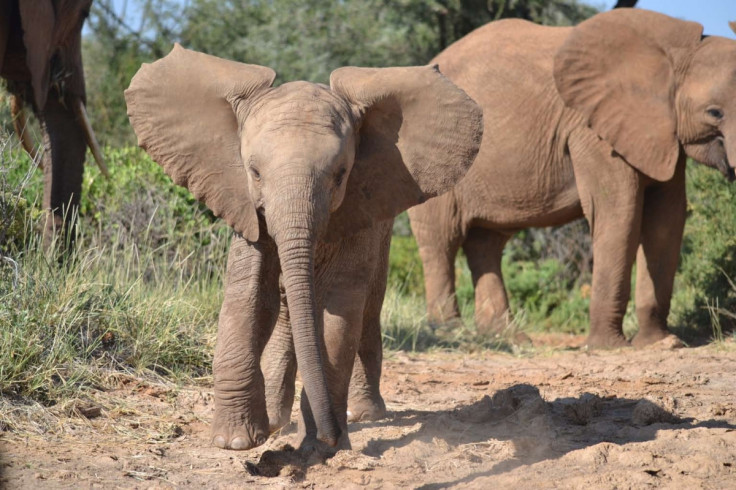Elephant social lives remain strong despite 70% loss of population

The social lives of elephants have remained strong, despite huge population losses from poachers, say researchers. The study found that the social networks between African elephants remained positive; even as complex as those of humans.
The researchers, from Colorado State University, found that the daughters of elephant mothers who have been killed often take over their role. This role includes the important action of being the social hub among other elephant mothers.
"We were surprised at just how important a mother's associates were to her daughter's new bonds," said Shifra Goldenberg, lead author of the study. "In the past we've seen young females hanging out together that we wouldn't expect to, but then later as we do the analysis we see that their mothers did know each other and spent some time together."
The study, published in Current Biology, used data collected from Kenya over a 16-year period. They recorded the elephants as 'associating' [with each other] when their behaviour co-ordinated with each other, and were within 500m of an observer.

The results showed that the elephant's social structure stayed relatively similar over the duration of the study. That means to say that the 'cliques' which were formed at the start of the study, were very similar to the cliques observed at the end of the study; just with the next generation as opposed to the same mothers.
"The fact that elephants are socially resilient is an important and exciting finding, showing their innate resilience to this unfortunate human pressure," said Goldenberg. "You might expect a society centred around matriarchs to collapse with the loss of group matriarchs, but our study shows that they can adapt to these changes."
Roughly 100,000 African elephants were killed by poachers between 2010 and 2012 – that's about the population of the city of Worcester. That's also the equivalent to about 70% of all African elephants.
"This social robustness was demonstrated across groups that experienced major and minor disruption," said George Wittemyer, researcher on the study. "It provides optimism regarding the ability of elephants to recover from human disturbance once we manage to offer them a respite from the pressure."
© Copyright IBTimes 2024. All rights reserved.























